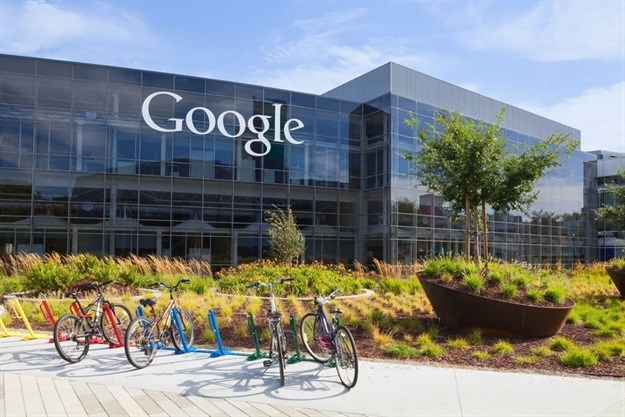
A significant reason for this is the environment that Google creates for its staff, one that encourages freedom, expression, collaboration and creativity, focuses on both the individual and the brand and marries comfort and practicality.
Filled with egg-shaped meeting rooms lined with shag pillows, Irish pub-style lounges decked out with pool tables and a four-lane bowling alley complete with a disco ball, the office is more of a playground for grown-ups than a place in which to conduct serious work. Yet, serious work takes place there. Work that has resulted in Google becoming one of the most successful, and powerful, companies of our generation.
It is indisputable that this working environment has contributed to Google's success. Not only has it improved productivity and the quality of work coming from the organisation, but it has also contributed to it attracting and keeping some of the best brains in the industry. So why aren't we all designing Google-like offices?
Presumably, not every company wants to have the same culture as Google and different cultures have different degrees of success in different environments. Nevertheless, what of the theory that drives the design of Google's environment and accommodation model. We do not need to copy the organisation's culture, but we should look at the elements that make its accommodation so successful.
Following what is being seen as the Google model, and supported by a wealth of research, we should all be designing offices that increase collaboration and creativity, that are multifunctional, adaptable, adopt evidence-based design, are designed around activities, are largely ownerless and are people-centric.
Yet, most companies do not do this. In fact, outside the trendy IT field, where Dropbox, Instagram, Path and Asana have followed Google's lead, most companies are ignoring the overwhelming research that show the benefits of evidence-based design and new ways of working.
However, the research is persuasive. For example, according to Professor Alex Haslam - who co-authored research at the University of Exeter in England in 2010, examining the psychological effects of design-led workplaces - people working in spaces decorated with plants and pictures were 17% more productive than those working in lean (bare and functional) offices. "Not only does office design determine whether people's backs ache, it has the potential to affect how much they accomplish, how much initiative they take, and their overall professional satisfaction," he stated and this is just one comment, from one leader in the feel field on one research paper. There are many more.
So, why do we ignore it? Thankfully, CEOs, managers, HR professionals and facilities managers are slowly starting to listen and the benefits of office design, based on the satisfaction of employees, is making headway, yet not as quickly in South Africa as in Europe and America. The research that Know More has done on accommodation models in South Africa show a resistance to changing the ways we work. It seems that South African business owners and managers are reluctant to adopt more mobile, people-centred accommodation choices and rely on traditional spaces with rigid workplace ownership and well-defined hierarchies.
One CEO of a large international brand in the country with over 200 employees, says, "We know what works for us and we are not convinced by the research in this field. Also, South Africa has a vastly different work culture to Europe and America." Other reasons given are the cost of retrofitting, a lack of understanding on how new ways of working actually work, and the belief that "certain types of jobs simply have to have traditional work spaces."
The research, however, shows that workplace design plays a role in influencing employee behaviour, and this is cross-cultural, not simply isolated to America and Europe. A British Council for Offices study (What Workers Want), which polled 1168 office workers in the UK, showed that 60% of respondents in a non-traditional workspace said it improved their productivity. "The report emphasises that staff retention, productivity and happiness can all be bolstered by being in-tune with modern workplace issues, which is something all occupiers should be aware of," said Richard Kauntze, CEO of the British Council for Offices.
This has a significant impact on the bottom line: evidence-based design taking into consideration new ways of working, optimises space, reduces overheads, increases productivity and helps attract and retain staff. We do not need to have office like Google's but we should all be looking into designing offices that work for our employees as much as they work for our companies.
